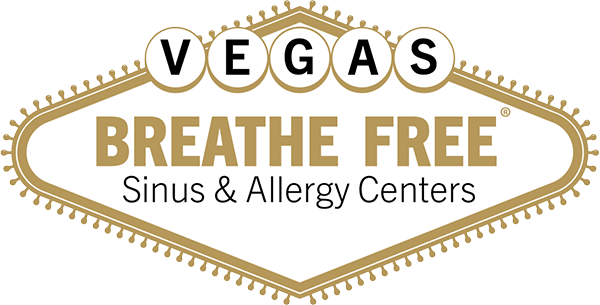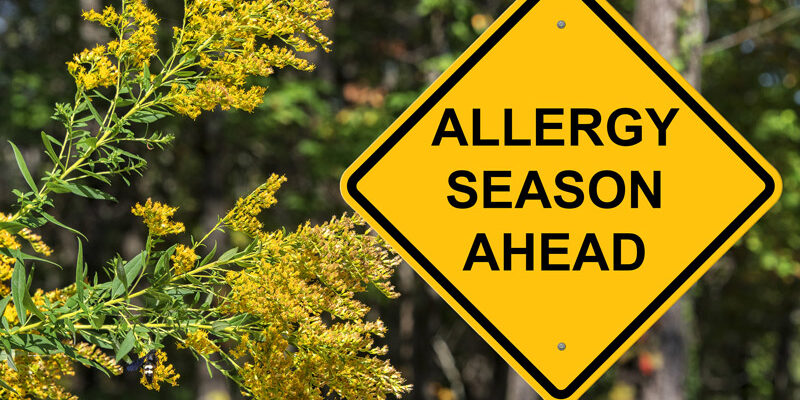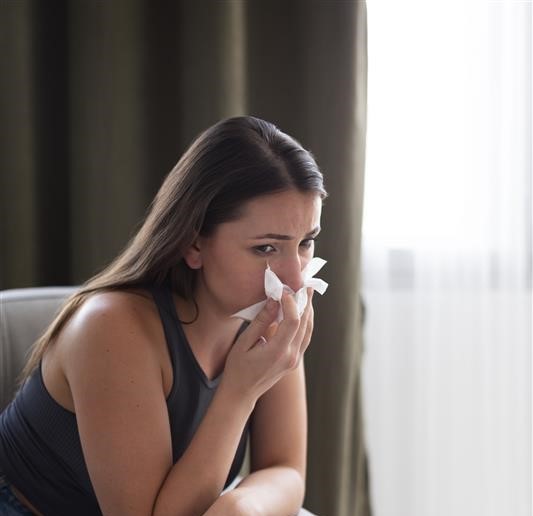Back to school brings the flu season, and it seems that it’s inevitable that everybody catches a bug this time of year. This may, however, not be a cold or a virus but seasonal allergies. Congestion, sneezing, runny nose, coughing are all symptoms that can be brought on by an allergic reaction.
What Causes Allergies?
Allergies are reactions that our bodies have in response to allergens like animal dander, dust, pollen, and mold. People can also have allergic reactions to insect stings, medications, and specific foods such as peanuts. These reactions are triggers for the body’s release of histamines as a defense mechanism.
Sometimes the defense goes overboard and there is an excessive release of histamines, as your body sees these triggers as more harmful than they actually are. They are seen as a threat and the body attempts to fight them in the form of a local immune response reaction. This creates an inflammatory response as well as being the regulator for feelings of itchiness.
What is the Impact?
Anyone can experience allergies in some form, and they are something that cannot really be cured. Allergies cause symptoms that include rashes, warm spots, itching, a runny or congested nose, coughing, hives, shortness of breath, and sometimes even anaphylaxis, a potentially life-threatening condition.
Different allergens can affect different areas of the body. One common reaction is a simple skin rash. People who have allergic reactions to airborne pathogens typically experience congestion, coughing, swelling of the eyes, sneezing, and shortness of breath. This occurs because the nose warms, moistens, and cleans the air as you breathe. In an allergic reaction, histamines are produced in response to foreign substances and cause inflammation and itching. This can cause the sinuses to have difficulty functioning properly. Nasal symptoms are common after exposure to airborne pathogens.
What Can Be Done?
The first step in alleviating allergies is being aware of one’s triggers. Some people choose to keep a diary to try to track down the source of the symptoms, others elect to have allergy tests performed. With this knowledge, avoidance of triggers can be done.
Some medications that can be used to prevent or relieve the symptoms associated with allergies. Most common are antihistamines, which help to limit the attack that histamines conduct on foreign substances or allergens. Well known antihistamines are Benadryl, Claritin, Allegra, Zyrtec, and nasal sprays.
Another option is immunotherapy (allergy shots) which introduces varying doses of the triggers that people are allergic to through an injection in order to help the body develop a level of immunization. Allergy shots may take months to begin to work, and don’t work at all in some cases, but are often an effective tool in dealing with allergies.
To address emergency allergic reactions, an Epi-Pen® can be used to quickly inject Epinephrine when someone is suffering a severe attack. Epinephrine is a fast-acting medication that helps stimulate the heart, lift dropping blood pressure, reverse hives, and more. It is typically used only for severe, and possibly life-threatening, allergic reactions.
Some medical procedures can also be done to help alleviate or improve symptoms. These are typically procedures of the nose and help with breathing, stop congestion, and allow rinsing or medicated sprays to get into the nose. Swelling in the nasal passages can make allergies seem worse, so helping to decrease swelling, or correct the airway, can help to make the allergy symptoms easier to deal with.
Living with Allergies
Unlike the common cold, allergies cannot be “cured”, although they may diminish over time as the body becomes accustomed to allergens. There are steps that can be taken to alleviate the symptoms of allergic reactions and help them to become more bearable. The first step is knowing what you are allergic to, followed by avoiding these triggers. If they are unavoidable, medication can be used to diminish symptoms. If symptoms persist, procedures like Balloon Sinuplasty that help to open nasal passages can reduce allergy symptoms.


